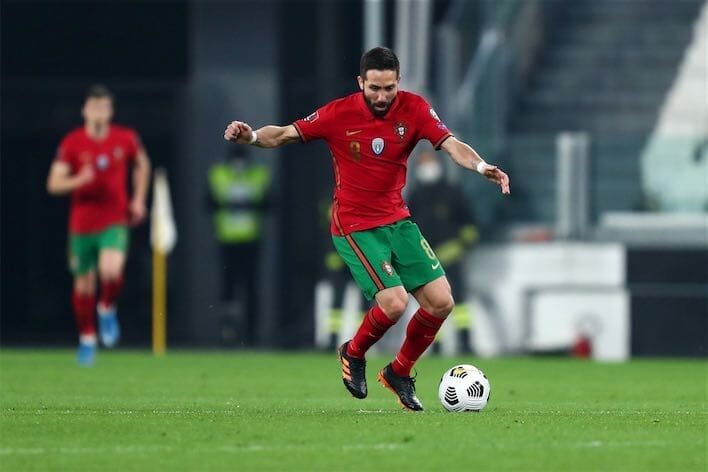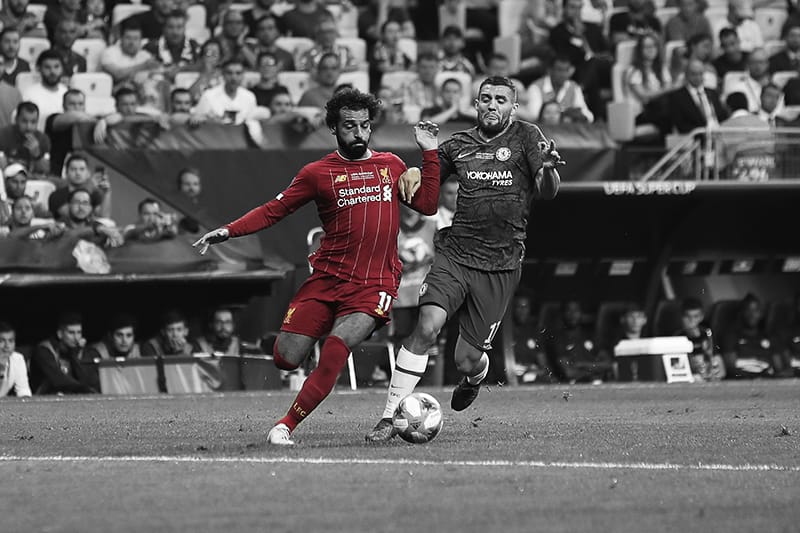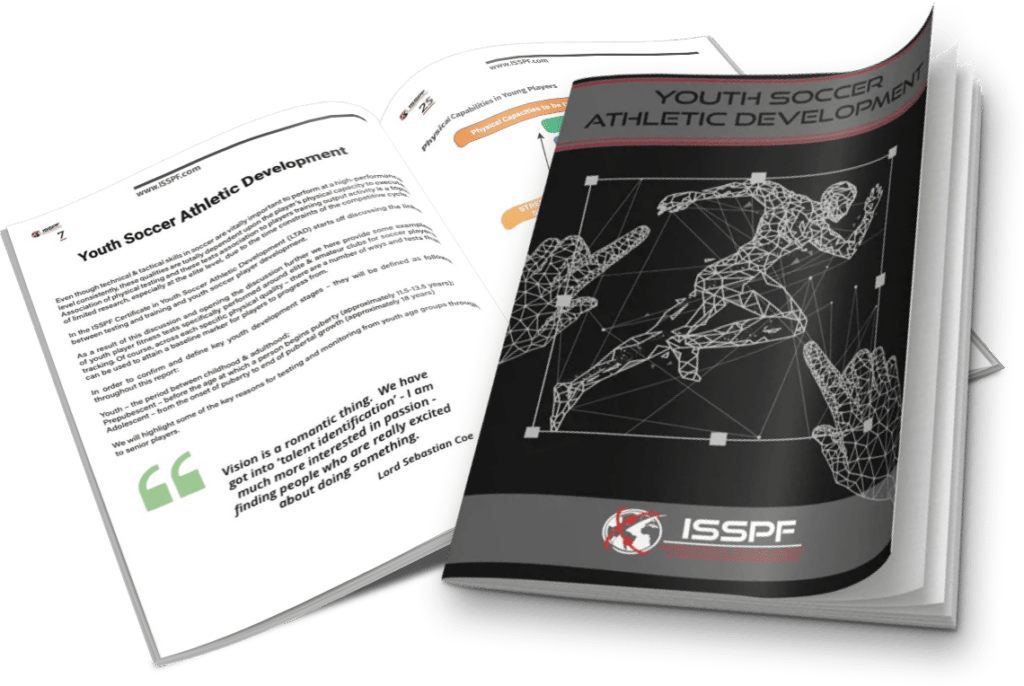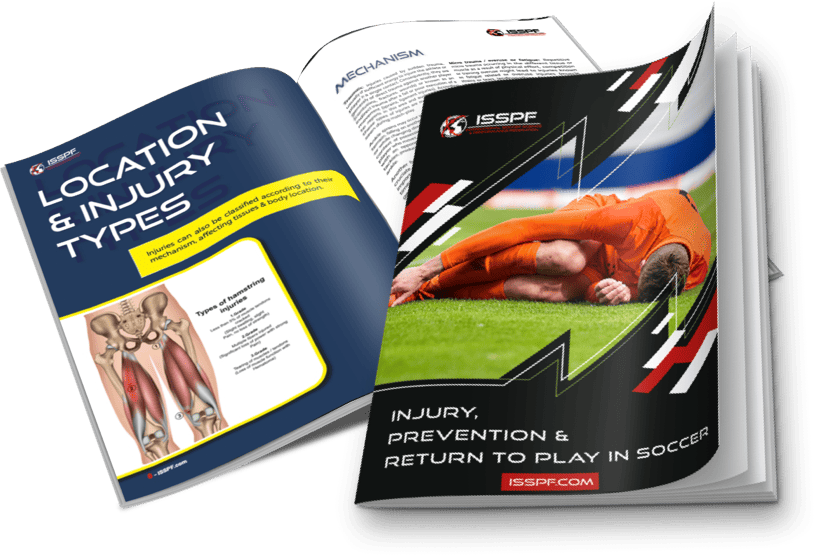How can I better understand soccer nutrition?
What is Football or Soccer Nutrition
- Nutrition is the science that interprets the nutrients and other substances in food.
- Sports nutrition is the study and practice of food & diet with regards to improving athletic or sports performance.
- Understanding how to maximise the human performance of individual or team sport players through nutrition is fundamental.

What Nutrients does a Footballer Need?
Nutrition plays a key role in supporting the performance of the football athlete. Although football is a team sport, individualised nutritional philosophies are followed in many situations as a result of matching the correct nutritional recommendations with the individual requirements of each athlete, can lead to optimal performance.
As players, coaches, performance staff & decision makers, we are all surrounded by lots of simple nutritional advice concerning the frequently asked question….
What nutrients does a footballer need? This advice can be found in a variety of ways, and mostly by companies who are trying to sell soccer nutrition products or supplements.
The more you educate yourself and understand football nutrition, the better informed you’ll be to make better, more effective decisions and answer the most popular questions.

Nutritious Meals for Footballers
- Breakfast: Cheese & Ham, low-fat yoghurt
- Lunch Number 1: Chicken & salad
- Lunch Number 2: Tuna, olives egg & tomato
- Snacks: Fresh fruit, avocado toast
- Dinner Number 1: Fresh fish & salad
- Dinner Number 2: Steak and sea-food mixture
Why is Nutrition Important for Soccer Players?
Recent research has claimed that players are now faced with increased physical demands during the course of a competitive soccer match, and that specific activities differ for each individual player which will lead to increased nutritional energy consumption and expenditure to maximise their physical capability to cover the ground at intensity & recover on and off the pitch.
Furthermore, gaining a greater understanding of sports nutrition specific to football or soccer may enable you to:
- Advise on how many calories a soccer player should eat per day to enable players to perform their role or positional requirements & intermittent activities in and out of possession.
- Maximise the outcomes from specific training programs & interventions.
- Maximise soccer players’ recovery within, between & after games & training sessions.
- Ensure the ideal body composition for soccer players – both the developing youth player, semi-professional player & elite level soccer or football players.
- Positively influencing the types of soccer injuries & illness through prevention & maximising recovery.

How Much Protein Should a Soccer Player Eat?
Protein is suggested to make up approximately 12-15% of a soccer player’s diet. Football players require around 1.3-1.8 grams of protein per kilogram of body weight per day.
It is required to manufacture enzymes and hormones such as insulin and adrenaline. Protein is constantly being broken down and rebuilt in the body, therefore it is important that there is a regular supply of protein in the footballers diet in order to compensate for the continual loss that occurs in the body through vigorous training & competition.
Protein is made up of smaller building blocks called amino acids, some of which manufactured by the body and some of which are essential amino acids and must be provided through the soccer players diet.
Which Nutrients Does a Footballer Need?
One of the most overlooked elements for developing football player & team performance, however, is through a better understanding of soccer nutrition & the footballer’s diet or soccer player’s diet.
Being able to prescribe sound nutritional advice & correct weekly meal plans for soccer players is seen as a huge advantage when it is used to improve performance, maximise training adaptation & recovery from both training & competitive games.
Nutrition is vital not just for performance on the pitch but also in the health & wellbeing of individuals, in addition to the recovery phases from training and competitive games.
What are Good Sources of Protein for a Footballer?
- Quality poultry – chicken, turkey
- Quality meat sources: steak, pork, venison (reduced fat)
- Fish (tuna, salmon, cod)
- Eggs
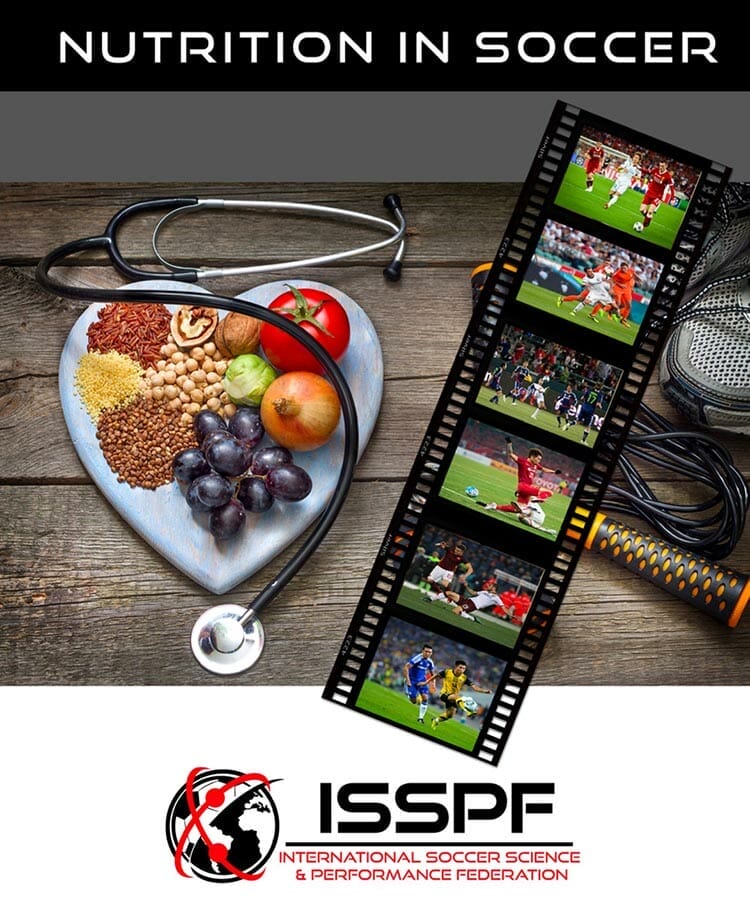
In addition to the article overviewing some of the key questions in the area of football nutrition, for all you practitioners, students, coaches, medical staff, learners, soccer enthusiasts or even nutritionists wanting to engage more, or further your knowledge in team sport nutrition, click the link below to find out more around sports nutrition.
The ISSPF accredited sports nutrition online courses are a blend of highly regarded academic nutritional experts & practitioners from around the globe exposing their practical experience & theoretical knowledge for the development of this specialist soccer specific area.
Join Our Soccer Performance Course
New literature in this space has reported a new way of maximising nutritional intake through individualised ‘nutritional periodisation’ strategies, however, this is discussed in more depth within the ISSPF online sport nutrition courses.
Furthermore, many experts in sport & football nutrition such as
- Dr. Eirini Manthou (ISSPF Faculty Member),
- Virginia Santesteban (ISSPF Faculty Member) CF Real Sociedad Head of Performance Nutrition
- Dr. Lloyd Parker (ISSPF Faculty Member) Everton FC Head of Nutrition
plus many more global experts, cover in detail the role of nutrition across all levels of the game within our ISSPF-accredited sports nutrition online course.
Intermediate Nutrition for Football Course
Who is this Course for?
- Individuals tasked with the responsibility for the training & coaching aspects of both individual athletes or team sports.
- Individuals with an interest in developing their knowledge in the nutritional preparation, training & development of individual athletes or team sports.
Why is this course important?
Understanding the key energy sources required to perform repeated high-intensity & explosive movements within the intermittent nature of soccer is of paramount importance.
Fueling to perform & recover from both training, and competitive games are very specific across a range of levels of the game.
All practitioners and coaches can only benefit themselves and their players even further by having a more in-depth knowledge of sports nutrition.
May help us to reduce the risk for non-contact muscle injuries, through a better understanding of the key timing of nutrients.

How This Course Will Improve You
The demand for sport nutrition experts, performance & coaching specialists in football & team sports is growing year upon year.
Thousands of students are leaving university with a sport science degree, however many of them asking the key question – What now? How do I get a job in football? What’s the next step? Which area of sport or football science do I want to specialise in?
This is certainly an interesting question as progress from completing a sports science or nutrition-related degree to then working in professional football & trying to understand all the key components and soft skills that come with jobs in football or careers within sport.
The bespoke courses developed by ISSPF Elite Faculty members are a way of further exposing sport science & nutritional related students, individuals working within the game & other football science enthusiasts with a thirst to develop further in this specific nutrition & performance area.
The link below will take you to the hugely popular & expertly designed ISSPF endorsed & accredited Soccer & Sports Nutrition online course, where you will be exposed to football science & specific sports nutrition coaching led research, practical examples used by leading practitioners.
What Does This Course Cover?
Outline of the accredited Intermediate Sports Nutrition online course;
- Required skill sets of the soccer nutritionist: What’s really required?
Delivered by Dr. Lloyd Parker
- Nutritional Support for the Youth Soccer Player
Delivered by Jack Christopher MSc (Chelsea FC)
- Soccer-specific fuelling (a): the role of carbohydrates
Delivered by Helen Bauhaus
- Energy requirements for soccer: nutritional periodisation
Delivered by Dr. Liam Anderson
- Soccer specific fuelling (b): the role of dietary fats
Delivered by Helen Bauhaus
- Nutritional planning: method & strategies
Delivered by Margarita Posada MSc
- Soccer specific fuelling (c): the role of protein
Delivered by Dr. Eirini Manthou
- Dietary Considerations for Vegetarian and Vegan Soccer Players: Nutritional Periodisation Part 1
Delivered by Prof. Nikos Koundarakis
- Dietary analysis methods: a soccer player case study
Delivered by Dr. Liam Anderson
- Dietary Considerations for Vegetarian and Vegan Soccer Players: Nutritional periodization Part 2
Delivered by Prof. Nikos Koundarakis
Intermediate Nutrition for Football Course

Share this article:

